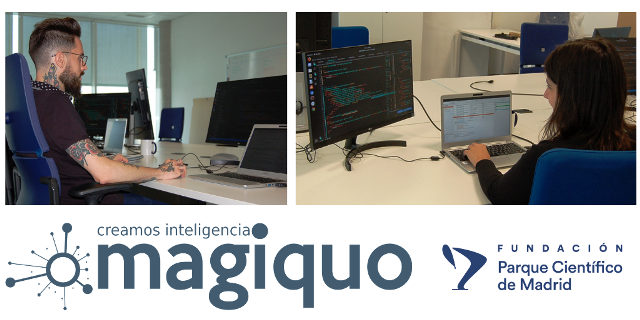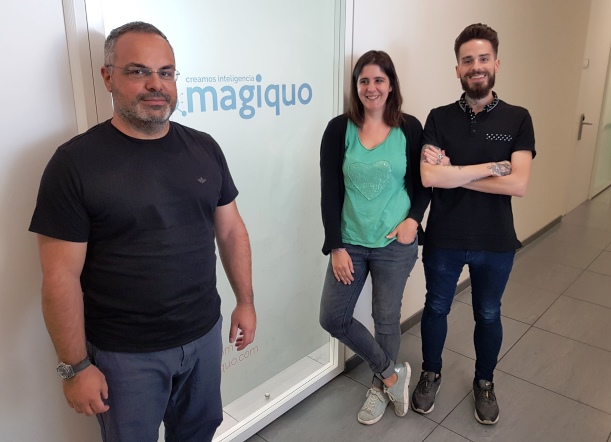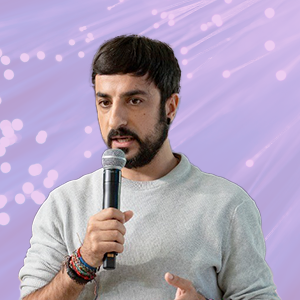The Artificial Intelligence of chatbots, voicebots or virtual assistants has infiltrated the daily work of thousands of companies, opening new possibilities for activity.
Meanwhile, R areas of research centers and companies around the world continue to explore the possibilities of a disruptive technology with hundreds of applications in environmental, financial, labor, medical, or care sectors, among others. Its application in the legal sector also has its advantages; algorithms that analyze and respond to human communication can help lawyers in the arduous tasks of research and preparation of strategies when developing a case. ‘In an increasingly digitalized environment, we need to interact with machines in the same way we would with people,’ explain the representatives from Magiquo.
The start-up works from the Madrid Science Park Foundation and is finalizing the first version of its legal assistant in Spanish. In a matter of seconds, the ‘brain’ or search engine that the firm is working on performs document review tasks that would take hours of work for any lawyer.

The way in which Magiquo‘s Artificial Intelligence works is disruptive compared to other existing technologies in the international market. Instead of analyzing a text statistically to understand it, Magiquo’s ‘brain’ replicates the human mental model of thinking, that is, it focuses on processing the meaning of words, on semantics. What they obtain is a ‘synthetic brain’ capable of interacting naturally with people.
Knowing a language and mastering it to learn, as we humans do, is the reason why Magiquo has decided to focus its development on Spanish and on teaching the ‘brain’ to understand the concepts and variations of legal language. The machine processes documents and interacts because it knows Spanish. ‘It masters the language in which it thinks, to be able to reason more and better. From documents, it extracts a series of semantic and conceptual structures and from them can apply a system of logic (at its different levels) and reasoning,’ the spokespersons detail.
On a practical level, Natural Language Understanding (NLU) goes beyond Natural Language Processing or NLP, in which the algorithm behind Artificial Intelligence simply breaks down each sentence to understand the meaning of each word. The competitive advantages of this technology are based on the fact that the platform considers aspects of communication such as context, sentiment, intention, and subtext, which NLP does not take into account. This makes Magiquo’s development completely novel and proprietary; capable of evolving without specific programming for the user, and distances them from large North American and Asian corporations in Spanish Artificial Intelligence applications.
For the development of this assistant and other projects, Magiquo has numerous partners, including the Center for Industrial Technological Development (CDTI) or the European Regional Development Fund (EC). On the other hand, the European Union considers investment in Artificial Intelligence research and development a priority in the next decade as part of its strategy to lead the future of the technology sector.













































